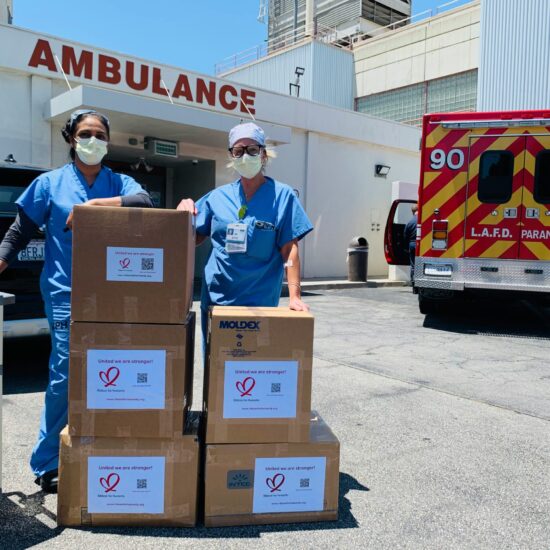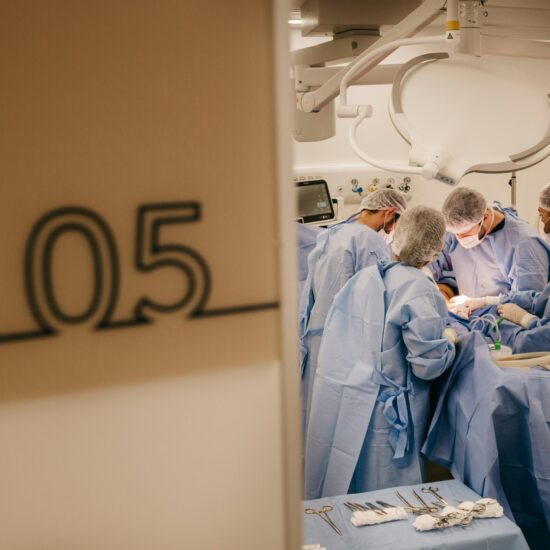
 Joy Jacobson is CHMP’s poet-in-residence.
Joy Jacobson is CHMP’s poet-in-residence.
Rachel Hadas, a well-regarded writer of poetry and essays, has just published a new book of nonfiction. Strange Relation: A Memoir of Marriage, Dementia, and Poetry chronicles how the writing and reading of literature helped Hadas to cope when her husband, George Edwards, a composer, was told at age 61 that he had either Pick’s disease, also known as frontotemporal dementia, or a combination of Pick’s and Alzheimer’s diseases. Hadas wrote the following poem (reprinted with her permission) after his symptoms became apparent but before they received that diagnosis.
In the Taxi to the MRI
I try to concentrate on the weather. Everything
deliquesces into simile.
Sleet ticks onto the windshield like a clock.
Truth blinks on/off like a stuck traffic signal.
It is better to live in the light but the light is flickering.
Anything more than the truth would have seemed too weak—
Poetic paradox understood too late
or maybe just in time. What time is it?
A small white poodle in a quilted coat
lifts a leg to pee against a hydrant
on Sixtieth Street, and we are nearly there,
early, of course. And since (she said) my heart
has been wrung out, no, broken, this is the . . .
this has to be . . . The sentence will not end.
The mind pulls, stretches, struggles, and returns
not to any absolute beginning
but a blank wall. Is there a door in it?
A future? How to get there? And once there
how to escape? When flickering stops and steady
light shines, that may be the worst of all.
Anything more than the truth would have seemed too weak,
but mercifully the blinking begins again.
The taxi contains an unnamed “we” moving in a halting, nearly peristaltic fashion toward a diagnostic procedure. “I try to concentrate,” the speaker begins, and as someone who has been in such a taxi—my mother died of dementia in 2005—I know how dread can overtake the ability to concentrate. But by the second line the speaker and everything else “deliquesces.” The world is melting, and only through the direct comparison of simile—this is like that—can the speaker recognize her surroundings.
Hadas first published the poem in 2008 in Pulse—voices from the heart of medicine and wrote at the time that she “instinctively knew” what her husband’s scan would reveal. Before diagnosis, the poem suggests, one can apprehend the truth of illness only in flashes and flickers. “Anything more than the truth would have seemed too weak”—that remarkable line defies rational sense but rings true, somehow. Uncertainty, the dread unknown, may be hard to endure, but living with certainty will be “worst of all.”
Lucidity returns, momentarily, in the form of a poodle. Hadas writes in Strange Relation, “The kingdom of illness gives some gifts; it bestows an alarming clarity on the way those inside it view those outside.” For now, time stops just long enough for the speaker to observe the dog, and then time reverses. Or rather the speaker asserts her power and converts her own emotion—at once self-affirming and self-pitying—into a parenthetical, past-tense, third-person utterance: “(she said).” It’s as though she is watching herself begin to compose her own memoir.
But expressions of broken-heartedness cannot end because they cannot begin. The mind knows only to question itself—“ A future? How to get there? And once there / how to escape?”—and receiving no answer repeats that odd phrasing encountered earlier: “Anything more than the truth would have seemed too weak.” This time, the speaker recognizes “the blinking” of time and truth, and while still enclosed within the taxi, names it a kindness.
Hadas has written of an increasingly common experience. The Alzheimer’s Association announced this week that 15 million informal caregivers provided 17 billion hours of unpaid care to people with dementia last year. There are many resources to assist them; Hadas serves on the board of the Well Spouse Association, for example, a nonprofit that provides support to caregivers of ill and disabled spouses. And Hadas will provide a keynote address at The Examined Life: Writing and the Art of Medicine, a conference at the University of Iowa, April 21–23.
George Edwards now lives in a facility, and Rachel Hadas is still writing. “My poems have always known much more than I know,” she said in an illuminating interview on National Public Radio’s Talk of the Nation on March 10. “My subconscious appears to be smarter and much braver than the rest of me.” Indeed, “In the Taxi to the MRI” maps out a precipitous terrain as perhaps only poetry can do.









Thom Schwarz RN / March 17, 2011
Several lines into reading this poem I wished I had not read the brief introduction, that I’d come upon it cold. Like picking up the best book you’ve ever read without looking at the cover or the fly leaf first. Perhaps I wouldn’t have guessed Pick’s or even Alzheimer’s disease, I might have said it was written by one of my hospice patients who, in the first days and weeks, cannot believe their ears and eyes, their head and heart. “I can’t believe this, it’s all happening so quickly,” they say so often. They, and their loved ones, have been forceably removed to a planet just like this one, but without the happy gravity of a certain tomorrow. They look but they don’t see, they hear but they need to be told again and again.
“The mind pulls, stretches, struggles, and returns
not to any absolute beginning
but a blank wall.” Indeed.
Ms. Hadas in her NPR interview said, “My poems have always known much more than I know,” And Robert Frost said poetry could make you “remember what you didn’t know you knew.” The similarity in those words is more than simply striking. Perhaps the best diagnosticians are poets at heart.
Thanks, Ms. Jacobson, for once again helping me enter what I otherwise be left looking for the door.
/